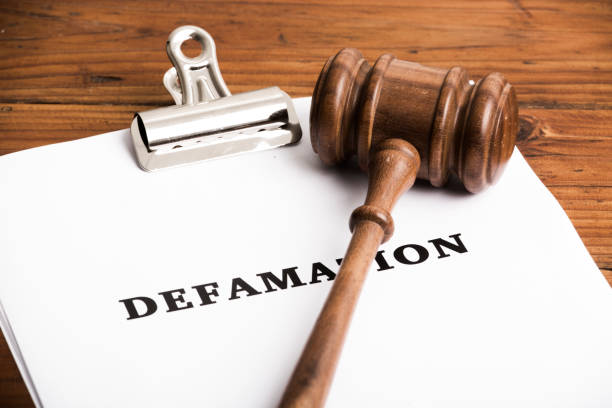Defamation in Marriage

Defamation occurs when one spouse makes a false statement about the other, damaging their reputation. Under tort law, defamation is divided into two categories. These are:
- Libel: Written or published false statements.
- Slander: Spoken false statements.
For a claim to succeed, the statement must be false, communicated to a third party, and result in harm to the person’s reputation.
Examples of Acts That Fall Under Defamation
- Libel: A spouse posts on social media accusing their partner of infidelity when it’s untrue.
- Slander: One spouse tells friends or colleagues that the other is involved in illegal activities without evidence.
- Public Accusations: During a separation or divorce, a spouse spreads false rumors in the community about the other.
Real Case Example
In Sorensen v. Sorensen, a wife sued her husband for libel after he accused her of being unfaithful in a letter to her employer. The court found that the husband’s allegations were false and harmful to the wife’s reputation, resulting in damages.
Possible Judgment
If the court rules in favor of the defamed spouse, they may award:
- Compensatory Damages: To cover the reputational harm, loss of employment opportunities, or emotional distress caused by the defamation.
- Punitive Damages: To punish the spouse for maliciously making false statements.
- Injunction: To prevent further defamatory statements.
Take Home:
For potential victims of defamation
- Keep records of the defamatory statements (screenshots, recordings, etc.).
- Seek legal counsel to assess the strength of your claim and potential remedies.
- Communicate to your spouse how harmful these comments are to you.
For Potential Perpetrators of defamation:
- Verify facts before making any accusations or statements about your spouse.
- Resolve disputes privately to avoid harming the other party’s reputation.
For everyone
- Use respectful communication, even in times of conflict.
- Avoid airing personal grievances publicly, particularly on social media.
- Educate others about defamation in marriages.







